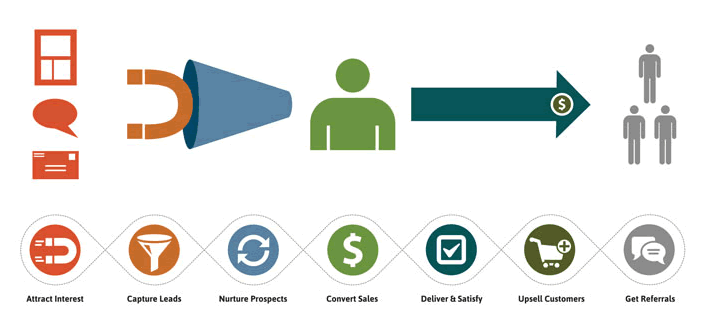
Typically, a 3PL operator provides transport and storage services to a manufacturer, as an intermediary actor between the manufacturer and its customers. But the 3PL operator does not own the goods it stores and distributes. For the end customer, there is no difference between a 3PL operator and the manufacturer managing their own logistics, since the orders and invoices are ultimately managed by the manufacturer.
3pl logitics companies is a provider of logistics functions that optimizes part of the management of the supply chain of the manufacturer, which will be freed from having to have its own fleet of vehicles and its own warehouses.
How does a 3PL work?
In the 3PL industry, there is always a 3PL operator or 3PL company that deals with the logistics of a second company. For example, with Printful you can store all your products in our European and American stores. When someone places an order, we process it, package it and ship it to your customer. In this way, Printful acts as a 3PL storage and transport company.
Advantages of 3PL
The third – party logistics (3PL) has numerous benefits. Here we explain in detail the main ones:
1. Save time
2. Free space
3. be closer to your customers
4. More competitive shipping prices
5. Promote your brand
6. Faster management and shipping times
The role of logistics in the development of e-commerce
The customer of digital commerce demands a multi-channel logistics and wants to have as many forms of purchases and deliver possible. All this is forcing us to rethink traditional supply chains and generate certain challenges in the sector.
Logistics is not only a key element to succeed in online sales; it has also become a new battlefield to win the user.
Many companies like Amazon, Zalandoor Zara offer different types of transport services: home deliveries, shipments in 24 hours, deliveries in less than 2 hours, Click and Collect and even lockers in key points, in order to respond to the demand of the consumer. But that’s not all, whatever the delivery time; the customer wants to be informed at all times and throughout the process of the status of your order. These forces companies to get a partner that offers a global shopping experience through the integration of communication channels and logistics channels that do not trigger shipping costs.
Key points of e-logistics
Logistic information systems
It is necessary to have technological platforms capable of integrating the information of stocks, orders, returns and other services more. These systems are very important to ensure that the Internet shopping experience is satisfactory and get concurrency and brand loyalty. In short, the online environment must converse properly with offline management.
The storage
At this point you have to take into account several things: the picking, the packing and the dispatch system. The picking is the process of collection of the material, the packaging is packaging of high quality and includes processes such as packaging, labelling of products and parcel services. With regard to the agility in the treatment of the stock and the systems of dispatch, preparation of orders and handling, it must have a control in real time. In this step the packaging is of great importance so that the product arrives correctly at its destination.
The distribution
It is the third fundamental part of the logistics applied to e-commerce. It is important to have the points of distribution well indicated and to give trazabilidad to the process, having enough flexibility of schedules of delivery and until services of express delivery.
The scope of the distribution must be another issue to be taken into account in the step prior to the definition of logistics processes in e-commerce, as it is to choose a regional, national or even international scope. The right logistics partner to respond to the requirements of the company and its customers on the Internet.








![Watch Video Now on xiaohongshu.com [以色列Elevatione perfectio X美容仪 perfectio X 全新仪器黑科技了解下]](https://www.techburgeon.com/wp-content/uploads/2019/07/perfectiox-singapore-150x150.jpg)
